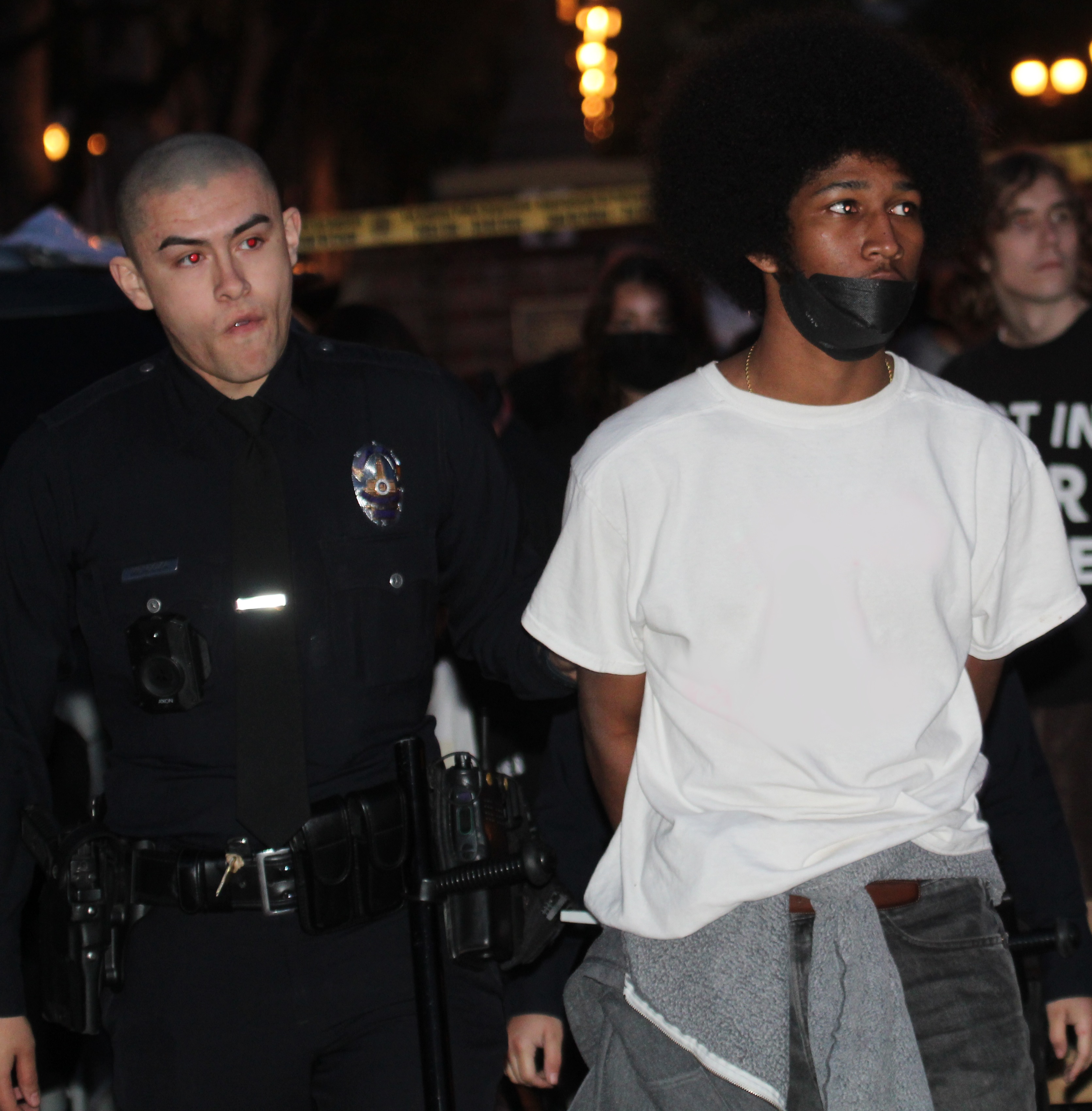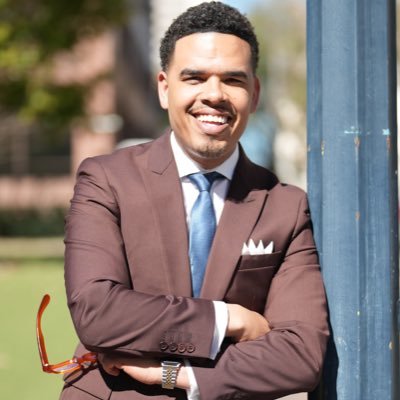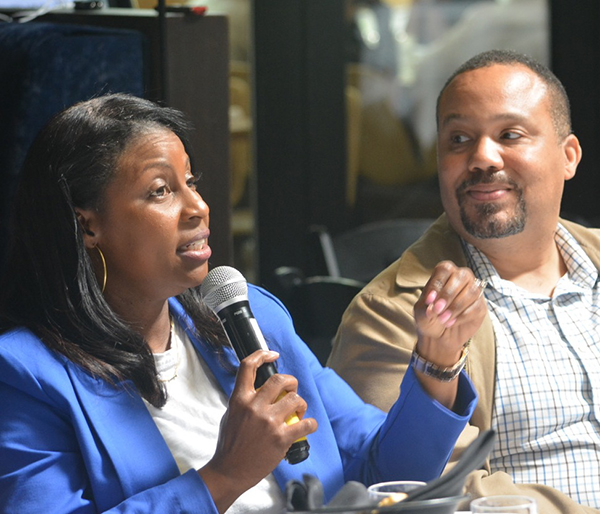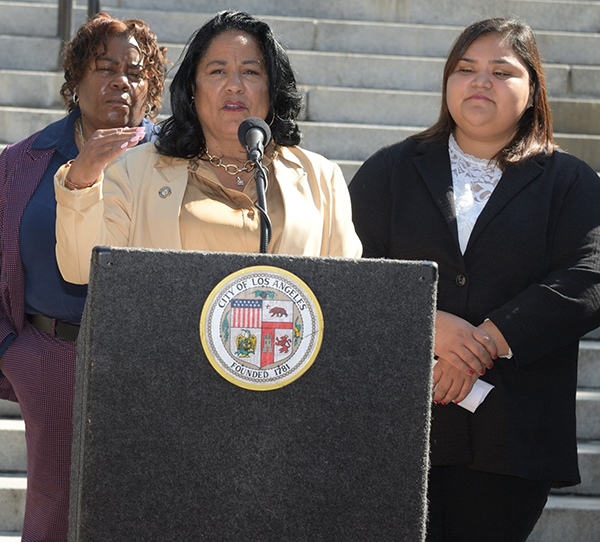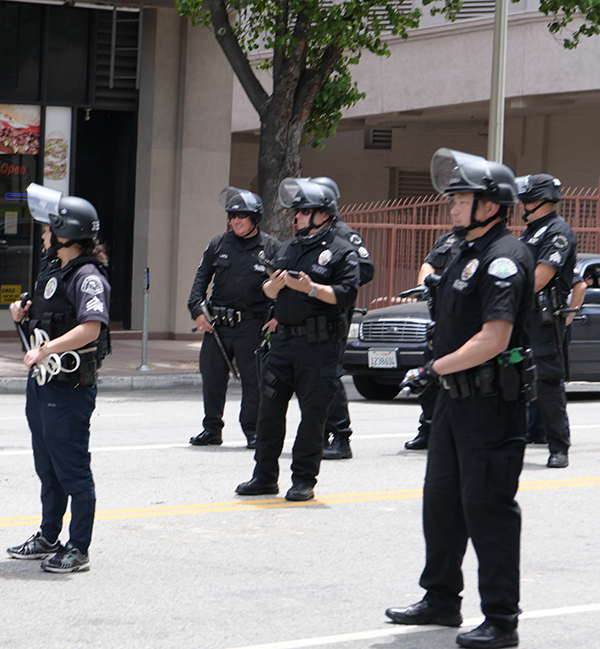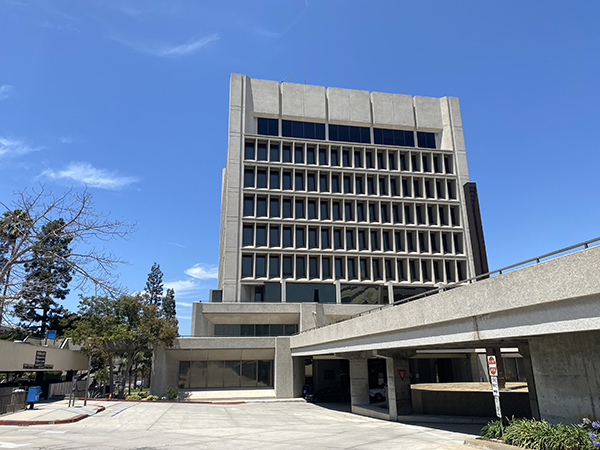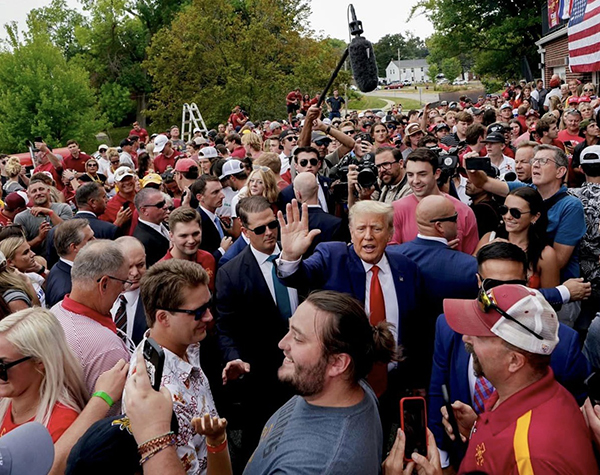By Earl Ofari Hutchinson
Contributing Columnist
Following the first Republican presidential candidates’ debate in Milwaukee in July, co-moderator Bret Baier put it best about former President Donald Trump’s no show. He branded him and it “the elephant not in the room.”
During their 90 minutes on the national stage, some of the candidates took mild slaps at Trump about his fitness for the presidency and his political liabilities as a multi-indicted candidate.
However, it was clear the mild slaps were just that.
This is the first of a two-part series on how and why the Republican Party is still Donald Trump’s party.
None of the candidates were willing to go further and tell why and how they would be different in the White House than Trump. Even more telling, after the tepid knocks of him, not one of them said they would not back him if he received the Republican presidential nomination.
The second debate at the Reagan Library Sept. 27 in Simi Valley, wasn’t much different or better. One candidate apparently believed that derisively calling Trump “Donald Duck” could be mistaken for real substantive criticism.
Another one who knocked him for skipping the debate likewise believed that that could be mistaken for substantive criticism. Still another candidate that said he should step aside again evidently believed that that could be mistaken for substantive criticism. The tap dance around him continued unabated.
While this little charade was being played out, Trump had one strategy, and one strategy alone for dealing with his erstwhile presidential rivals. He ignored them or mocked them. The day before his potential rivals prepared for their second debate, Trump spoke to a group of striking United Auto Workers in Ohio.
He was at his mocking best about his erstwhile rivals.
“You know we’re competing with the job candidates,” Trump said. “They are all running for a job. No, they’re all job candidates. They’ll do anything, secretary of something. They even say VP, does anybody see any VP in the group? I don’t think so.”
Trump could mock, denigrate and virtually ignore the other Republican presidential nomination aspirants for a good reason. Polls consistently showed he held a gaping lead over the challengers. He was the runaway choice of most Republican voters for another presidential run.
Throughout 2023, he has consistently remained in a statistical dead heat with President Joe Biden for the White House. The same polls did show that each of the other Republican aspirants were also close to Biden in a head-to-head matchup.
However, those polls were a less reliable bellwether of the true strength of his challengers. They reflected more voter reservations about Biden than any genuine enthusiasm or popularity or even name recognition for the candidates. That was not the case with Trump.
The passion, emotions and blind devotion Trump aroused in his followers was on fearful display in August 2022. Trump shouted at a tele-rally for the Republican primary challenger to embattled Wyoming Rep. Liz Cheney, “Liz, you’re fired.”
He was lambasting Cheney. She had been one of his most vociferous GOP critics. She almost certainly was doomed to lose her seat to the Trump-backed challenger in the primary. She did.
The Trump roar about Cheney to legions on the tele-rally was part devotional, part revival and part Trump adulation. The rash of probes, FBI raids, subpoenas and congressional hearings into his role in inciting the Jan. 6 Capitol insurrection meant absolutely nothing to the Trump throngs then or later.
The anti-Cheney Trump lovefest and the certain defeat of Cheney were yet another sign that Trump’s grip on the Republican Party hadn’t loosened in the two years after his White House loss. In the rash of primaries in several states the first week of August 2022, some Trump-endorsed candidates went down to flaming defeat and grossly underperformed in their jousts with Democrats. Others were competitive.
Even scarier, the candidates were a motley bunch of white nationalists, Biden election deniers and conspiracy theorists.
One survey taken on the eve of the 2022 midterm elections revealed the stunning finding that 60% of Americans would have an election denier on their ballot.
“Out of 552 total Republican nominees running for office, we found 199 who fully denied the legitimacy of the 2020 election,” the survey said. “These candidates either clearly stated that the election was stolen from Trump or took legal action to overturn the results, such as voting not to certify election results or joining lawsuits that sought to overturn the election.
“Moreover, an additional 61 candidates raised questions around the results of the 2020 election. These candidates haven’t gone so far as to say explicitly that the election was stolen or take legal action to overturn it. However, they haven’t said the election was legitimate either. In fact, they have raised doubts about potential fraud.”
Many of them retained or won House seats in 2022 and will be back on the ballot in 2024. They were anything but nut-case outliers — they were an intimate part of the political soul of the Republican Party going forward. Though many lost badly, the GOP party regulars were still loathe to publicly denounce them let alone slash their ties with them.
Earl Ofari Hutchinson is an author and political analyst. He also is the host of the weekly Earl Ofari Hutchinson Show at 9 a.m. Saturdays on KPFK Radio and the Pacifica Network.

